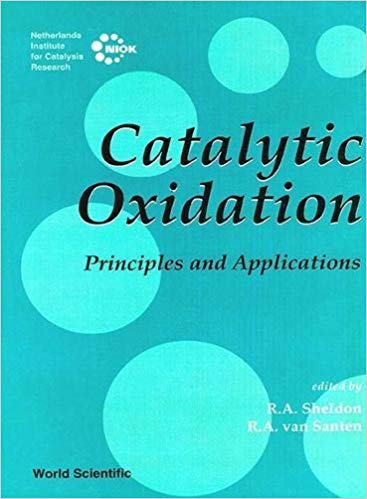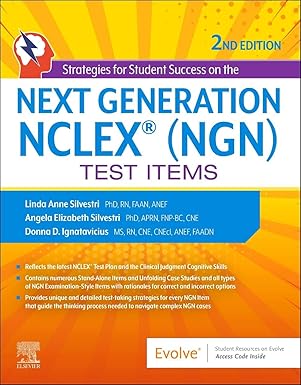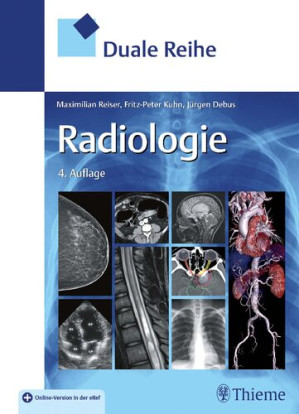Selective catalytic oxidation is a key technology for converting oil and natural gasderived
feedstocks to a wide variety of bulk chemicals. Moreover, in the wake of increasingly
stringent environmental legislation, attention is being focused on the development of
'greener' processes, such as catalytic oxidation, for the manufacture of fine chemicals. A
thorough understanding of fundamental mechanistic pathways of catalytic oxidations is of
paramount importance for the improvement of existing processes and the development of
new ones. Hence, the substantial interest, in both industrial and academic laboratories, in the
mechanisms of oxidation catalysis,
Compared to hydrogenations, for example, which are mechanistically relatively
straightforward processes, oxidations are enormously complex. For starters, molecular
oxygen, in contrast to hydrogen, reacts with most organic molecules even in the absence of
a catalyst. Hence, a thorough knowledge of these free radical chain processes (autoxidations)
is an essential ingredient for understanding oxidation catalysis.
Catalytic oxidations with molecular oxygen (dioxygen) can be divided into two
types: heterogeneous, gas phase and homogeneous, liquid phase processes. Researchers
generally affiliate themselves with one or the other group and the two tribes speak largely
different languages. Consequently, there is tittle cross-fertilization of ideas and, moreover, a
third type-heterogeneous catalysis in the liquid phase- tends to suffer from lack of attention
by either group.
A major aim of this book is to provide a sound mechanistic basis for understanding
catalytic oxidation processes, which should be useful to reseachers in the field, irrespective
of their tribal affiliation. It is based on a course on oxidation catalysis held in Rolduc, The
Netherlands, in June 1994, under the auspices of the Dutch Research School in Catalysis
(NIOK). The course was given by international authorities from industry and academia in
the fields of both gas and liquid phase oxidations. It was targeted mainly at postgraduate
research students wanting to acquaint themselves with the basic principles and industrial
applications of oxidation catalysis. Moreover, it was hoped that the course would foster a
synergistic cross-fertilization of concepts and ideas between the aforementioned groups.
The participants had backgrounds ranging from surface science to organic synthesis
چکیده فارسی
اکسیداسیون کاتالیزوری انتخابی یک فناوری کلیدی برای تبدیل نفت و گاز طبیعی است
مواد اولیه برای طیف گسترده ای از مواد شیمیایی فله. علاوه بر این، در پی به طور فزاینده
قوانین زیست محیطی سختگیرانه، توجه به توسعه
معطوف شده است
فرآیندهای سبزتر، مانند اکسیداسیون کاتالیزوری، برای تولید مواد شیمیایی خوب. A
درک کامل مسیرهای مکانیکی اساسی اکسیداسیون های کاتالیزوری از
است
برای بهبود فرآیندهای موجود و توسعه
اهمیت زیادی دارد
جدید. از این رو، علاقه قابل توجهی در آزمایشگاه های صنعتی و دانشگاهی به
می باشد
مکانیسم های کاتالیز اکسیداسیون،
مثلاً در مقایسه با هیدروژناسیون که از نظر مکانیکی نسبتاً
هستند
فرآیندهای ساده، اکسیداسیون بسیار پیچیده است. برای شروع، مولکولی
اکسیژن، برخلاف هیدروژن، با اکثر مولکول های آلی حتی در غیاب
واکنش نشان می دهد.
یک کاتالیزور از این رو، دانش کاملی از این فرآیندهای زنجیره رادیکال آزاد (خوداکسیداسیون)
یک عنصر ضروری برای درک کاتالیز اکسیداسیون است.
اکسیداسیون های کاتالیزوری با اکسیژن مولکولی (دی اکسیژن) را می توان به دو دسته تقسیم کرد
انواع: فرآیندهای ناهمگن، فاز گاز و همگن، فاز مایع. پژوهشگران
به طور کلی خود را به یک یا آن گروه وابسته می کنند و این دو قبیله بیشتر صحبت می کنند
زبانهای مختلف. در نتیجه، ایدهها به صورت متقابل بارور میشوند و علاوه بر این، یک
نوع سوم کاتالیز ناهمگن در فاز مایع- تمایل به عدم توجه دارد
توسط هر دو گروه.
هدف اصلی این کتاب ارائه یک مبنای مکانیکی صحیح برای درک است
فرآیندهای اکسیداسیون کاتالیزوری که صرف نظر از این موضوع باید برای محققین در این زمینه مفید باشد
از وابستگی قبیله ای آنها این بر اساس یک دوره در مورد کاتالیز اکسیداسیون برگزار شده در Rolduc، The
است
هلند، در ژوئن 1994، تحت نظارت مدرسه تحقیقات هلندی در کاتالیز
(NIOK). این دوره توسط مقامات بین المللی از صنعت و دانشگاه در
برگزار شد
زمینه های اکسیداسیون فاز گازی و مایع. عمدتاً در مقاطع تحصیلات تکمیلی هدف قرار گرفت
پژوهشی دانشجویانی که می خواهند خود را با اصول اولیه و صنعتی آشنا کنند
کاربردهای کاتالیز اکسیداسیون علاوه بر این، امید می رفت که این دوره یک
را تقویت کند
هم افزایی مفاهیم و ایده ها بین گروه های فوق الذکر.
شرکتکنندگان پیشینههایی از علوم سطح گرفته تا سنتز آلی داشتند
ادامه ...
بستن ...
Ebook details:
عنوان: Catalytic Oxidation: Principles and Applications
نویسنده: R. A. Sheldon, R. A. Van Santen
ناشر: World Scientific Pub Co Inc (March 1, 1996)
زبان: English
شابک: 981022186X, 978-9810221867
حجم: 15 Mb
فرمت: True Pdf
ادامه ...
بستن ...










